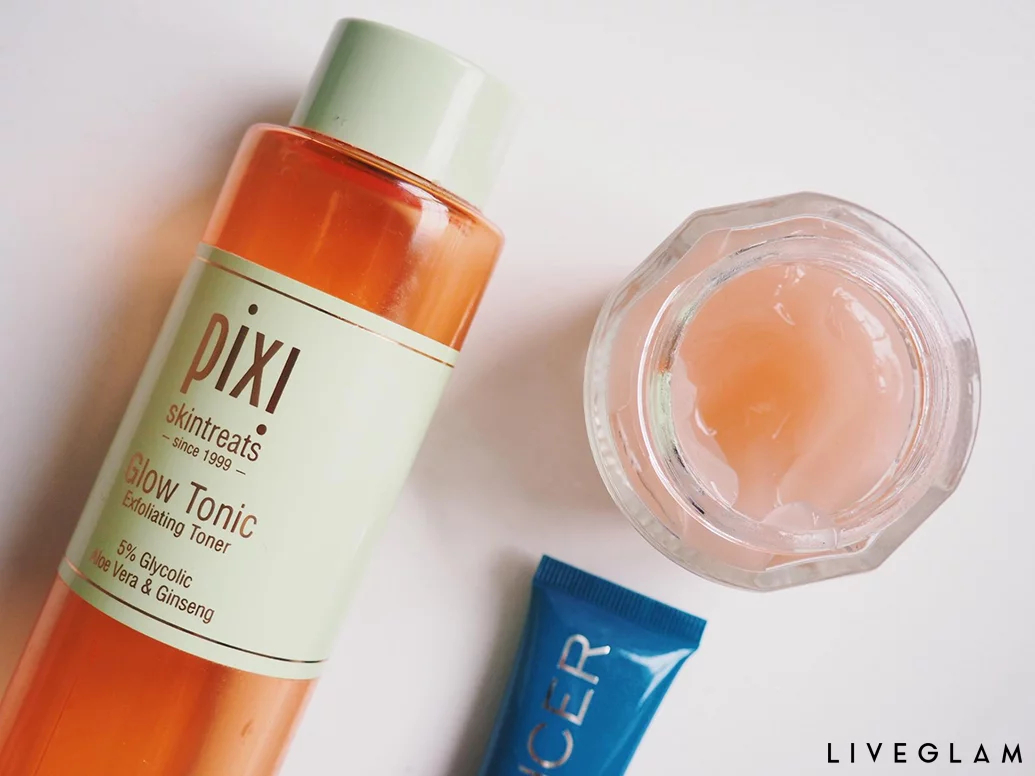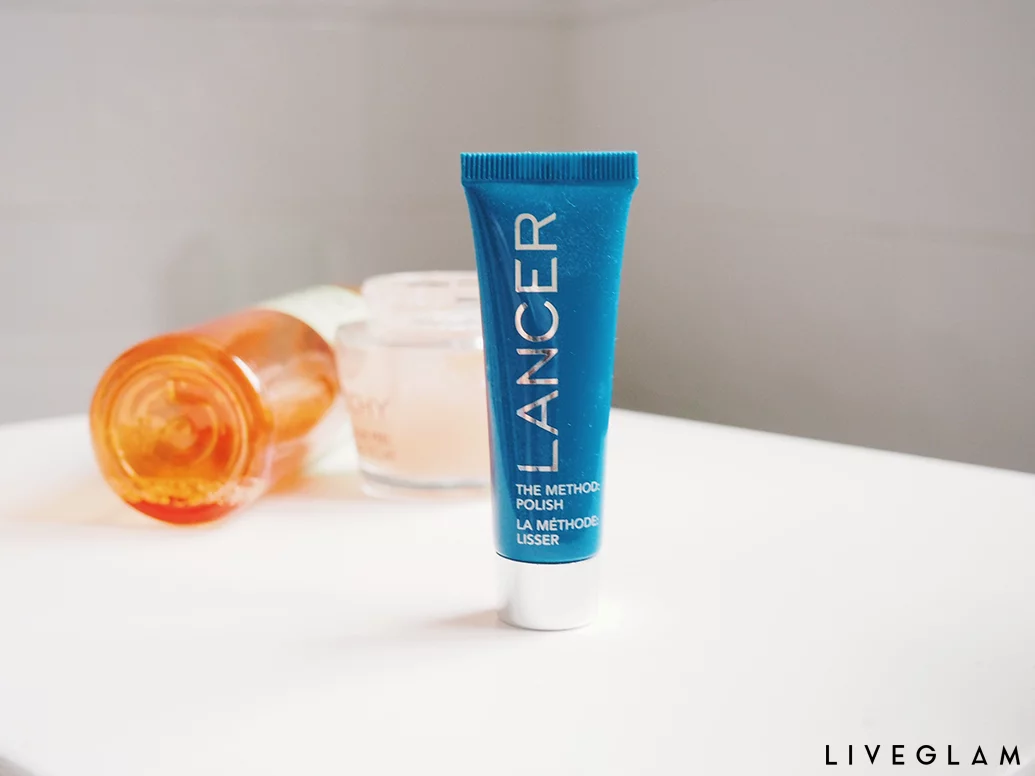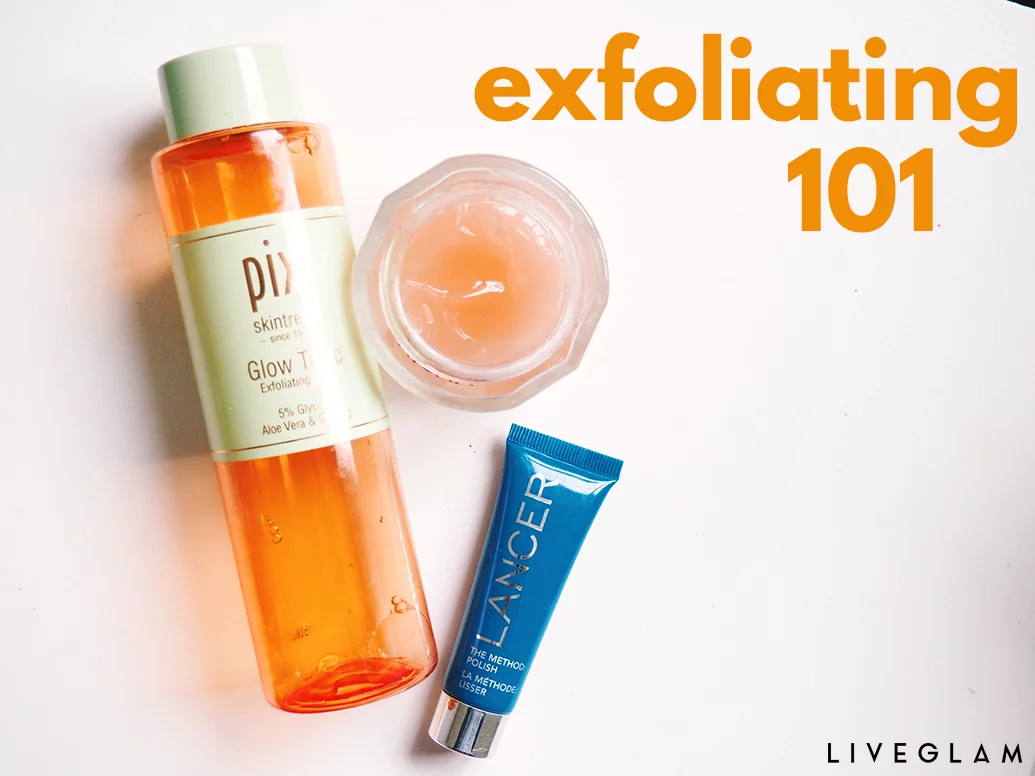Buzzwords are the beauty industry’s best friends, and so it’s no surprise that we’re being offered products from here, there and everywhere that utilise the latest trending ingredients; one of which being exfoliating lotions and potions. And although we’re glad to see the back of those overly abrasive, gritty scrubs that left our skin feeling raw and looking beetroot-like, the exfoliating section of any online beauty shop or department store can be pretty overwhelming.
Luckily, we’ve pulled together some of the internets most asked questions on the topic and have answered them below so that the exfoliating step of your skincare routine is no longer downright mind-boggling!

Why should I exfoliate?
Aside from sloughing away dead skin cells and revealing smoother, brighter skin, exfoliators also help to increase cell-turnover, which minimises the appearance of fine lines and pigmentation. They also allow your skincare products to penetrate the skin much further than when applied without having exfoliated beforehand.
What should I be using to exfoliate?
Much like all other skincare product categories, exfoliators can’t be used with a ‘one size fits all’ approach. Depending on skin type or current skin concerns, exfoliants will differ. If you have sensitive skin, you may find that cleansing with a muslin or face cloth may be enough.
If you’d prefer to use a chemical exfoliant for the additional benefits that they offer, lactic acid is a great option as it’s larger molecules mean that it is much gentler than alternative acids. Glycolic acid is suitable for normal to dry skin types as it is (generally speaking), the most moisturising of all the acids, and BHAs (typically salicylic acid) is great for oilier skins as it is oil-soluble, so helps to minimise sebum production, enlarged pores and blackheads.
How often should I exfoliate?
As our skin ages, the natural enzymes within it become less able to remove dead skin cells, so it needs a little help, a little more often, but exfoliating should begin as early as your 20s to brighten and smooth the skin, and to keep our skincare routines as effective as possible.
If you have sensitive, dry skin or are in winter and finding your skin to be more dehydrated than usual, you may find turning down the exfoliating dial beneficial for your skin. If you’re using a mild liquid exfoliant (around the 5% concentration mark), using an acid every day may be just right, but if you’re using a more intensive treatment, or a more abrasive manual scrub, a couple of times a week may be more suitable.

Where should exfoliating sit in my skincare routine?
Generally speaking, exfoliation takes place after cleansing to ensure that the skin is properly primed for the following steps in your routine. However, as with all acids and exfoliants, it’s really important to apply an SPF as the last step in your morning routine as they can increase your skin’s photosensitivity.
Are you an avid exfoliator? Let us know!

